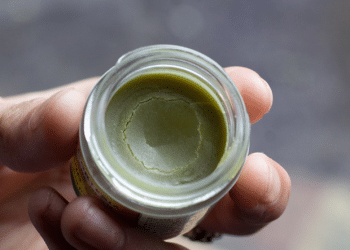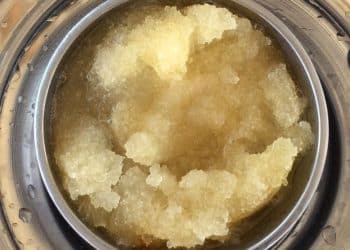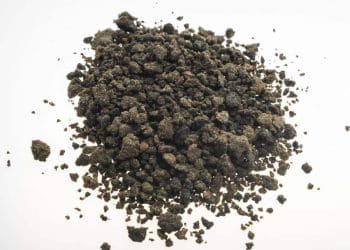The frequency of disastrous fires and explosions linked to the use of highly flammable solvents in the production of various cannabis oils and extracts has become far too common. Unfortunately, as more states legalize the use of cannabis within their borders, this dangerous trend is likely to increase exponentially. Some commercial extraction operations that previously used butane as a solvent have now switched to CO2 as a safer alternative; yet the use of butane still exists.
A growing number of cannabis enthusiasts have begun trying their own hand at extracting cannabis in residential neighborhoods, condominiums and apartment complexes, where an accidental fire or explosion has the potential of affecting a large number of unsuspecting inhabitants. The most prevalent solvent used by those who practice DIY cannabis oil extraction is ethyl alcohol (or ethanol), which is known to be highly flammable. While not as preferable, a high percentage isopropyl alcohol (isopropanol) can also be used, which is also easier to access. Isopropanol, however, should not be ingested, since gastric disturbances can result from small doses, and lethal poisoning from higher concentrations. Denatured alcohol, however, which is also extremely combustible, should never be used because it also contains toxic substances that are potentially deadly if consumed.
Those who decide to try extracting THC at home using alcohol should exercise the greatest degree of caution, and never smoke nearby or attempt to conduct the evaporation process over an open flame, which includes a kitchen stove. A flame created by burning alcohol is not always visible until it is too late, and once it comes into contact with other flammable vapors, a raging fire can quickly erupt.
The best way to accomplish the task is by using a reliable electric hot plate to completely dissipate all of the solvent and ultimately collect the THC laden extract that remains. Also make sure that the area you use to evaporate the liquid is well-ventilated; not only to avoid a fire hazard, but also to dilute the fumes of the evaporated alcohol because of its potentially intoxicating effect.
Nonetheless, if you have the patience, the safest way to evaporate the unwanted solvent is to pour it into a large, shallow receptacle and allow it to do so naturally.
Place the tray in a safe spot that has good air circulation and is away from any potential point of ignition, cover it with a piece of breathable mesh such as metal screening, and let it sit for about 24 hours, or until nothing but a thick greenish or golden tar-like substance remains.
Making THC extractions at home can be safe and economical, but it ultimately depends upon you to do everything in your power to keep it that way by following all of the proper procedures.












